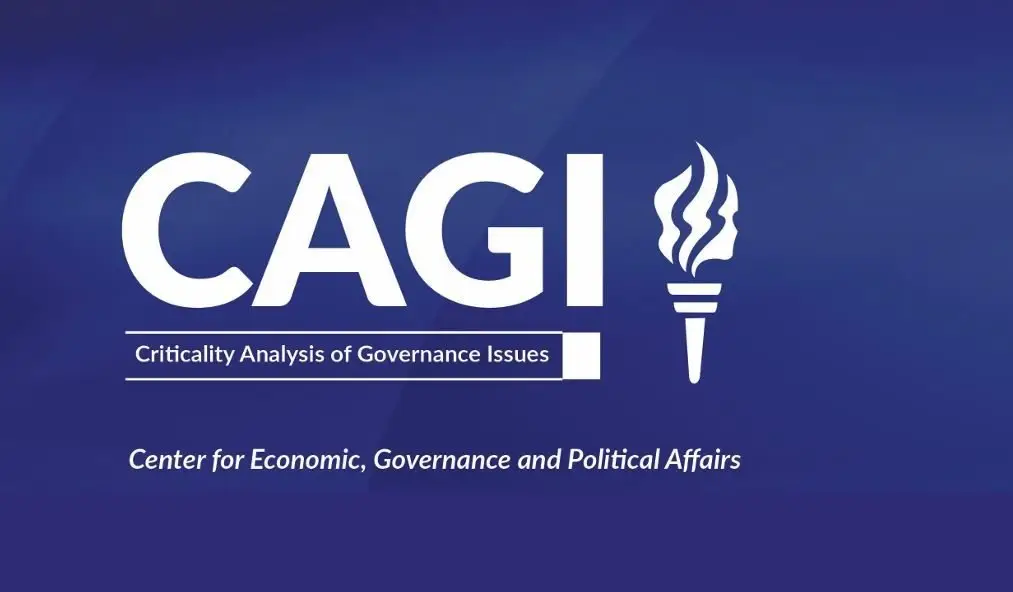Public whistleblowing by Members of Parliament (MPs) in Ghana has emerged as a critical yet contentious aspect of governance.
While whistleblowing is often celebrated as a mechanism for transparency and accountability, its practice among MPs raises questions about motivations, credibility, and the broader implications for democratic governance.
Whistleblowing, the act of exposing wrongdoing within an organization or institution is often to promote accountability and prevent harm. Ghana’s Whistleblower Act, 2006 (Act 720), provides a legal framework for whistleblowing, emphasizing protection for whistleblowers and the promotion of probity in governance.
However, studies have highlighted weaknesses in the Act, including limited scope, inadequate protections, and challenges in implementation. Such issues include potential violations of the secrecy restrictions, a lack of specialized supervisory institutions to coordinate its execution, and insufficient instruction on the complexity of the law for the average Ghanaian of the Act, the inefficiency of the compensation or reward given to the informant, and the absence of precautions.
In the context of MPs, whistleblowing intersects with their oversight role, which involves scrutinizing government actions and advocating for transparency. According to research on parliamentary transparency, MPs’ actions can improve accountability when supported by reliable data and evidence. Nevertheless, the risk of opportunistic behaviour—where whistleblowing is used for political gains— and for fueling public distrust in state institutions and generally misinforming the public remain a concern.
In 2018, Hon. Kennedy Agyepong, former MP of Assin Central in the Central Region of Ghana, in his will and power to unveil investigative journalist Anas Aremeyaw Anas and expose his alleged unscrupulous modus operandi aired his “Who watches the watchman” series. While this purportedly gave eager audience a glimpse into the operations of Anas, the serial rants of the MP led to the public unveiling and bastardisation of Anas’ Associate, Ahmed Hussein Suale, who was tragically murdered in 2019.
Between 2021 and 2024, the MP for North Tongu, Hon. Samuel Okudzeto Ablakwa held the public on edge with his exposes on former President Akufo Addo’s extravagant private jet travels, and financial malfeasance in the National Cathedral building project. Both instances revealed wasteful expenditure of taxpayers’ monies by the Akufo Addo led government without cognisance of the country’s post Covid-19 economic crisis.
Two air ambulance operated by AirMed which landed in Ghana in March 2025 became the centre of a multifaceted controversy, reflecting the intricate challenges of misinformation and opacity. Rev. John Ntim Fordjour, the MP for Assin South, alleged that the aircraft’s arrival was tied to drug trafficking, particularly in the light of recent cocaine seizures. These claims rapidly escalated into a fervent public banter between the minority caucus in Parliament and the government. Subsequently, an attempt was made by the NIB to arrest the MP in his residence to assist in investigation which was foiled due to resistance by members of the minority.
Consequentially, the case of Hon. Kennedy Agyepong blowing the cover of Anas to expose his alleged shady dealings present ethical dilemmas in whistleblowing especially when it involves sensitive information and personal safety of journalists—whether they are corrupt or not. Likewise, Hon. Okudzeto Ablakwa’s revelations of reckless expenditure of taxpayers’ monies by the erstwhile government presents a dual nature of public whistleblowing used as a tool for accountability and potential strategy for political leverage by discrediting the very principle—protecting the public purse—upon which the Akufo Addo government won power in 2016.
And Hon. Rev. Ntim Fordjour’s recent remarks on the suspicious landings of the air ambulance flights demonstrates the risk of misinformation—unsubstantiated claims—in the name of exacting transparency through investigation, while evading invitations to assist in investigations.
By bringing corruption and poor management to light, whistleblowing can improve democratic governance. However, the veracity of claims and their underlying motivations determines the effectiveness. Hon. Okudzeto Ablakwa’s expose on financial recklessness and Hon. Rev. Ntim Fordjour’s collocation of suspicion demonstrate how whistleblowing can be influenced by political considerations, although the former’s claims were verily validated.
Public whistleblowing by MPs is a powerful tool for promoting transparency and accountability. MPs resort to public whistleblowing through the media because it could gather clout for their story and portray their essence of parliamentary work to their constituents and the public, but it must be exercised responsibly to avoid ethical pitfalls and political opportunism. The legal framework for whistleblowing must be strengthened to foster a culture of accountability.
